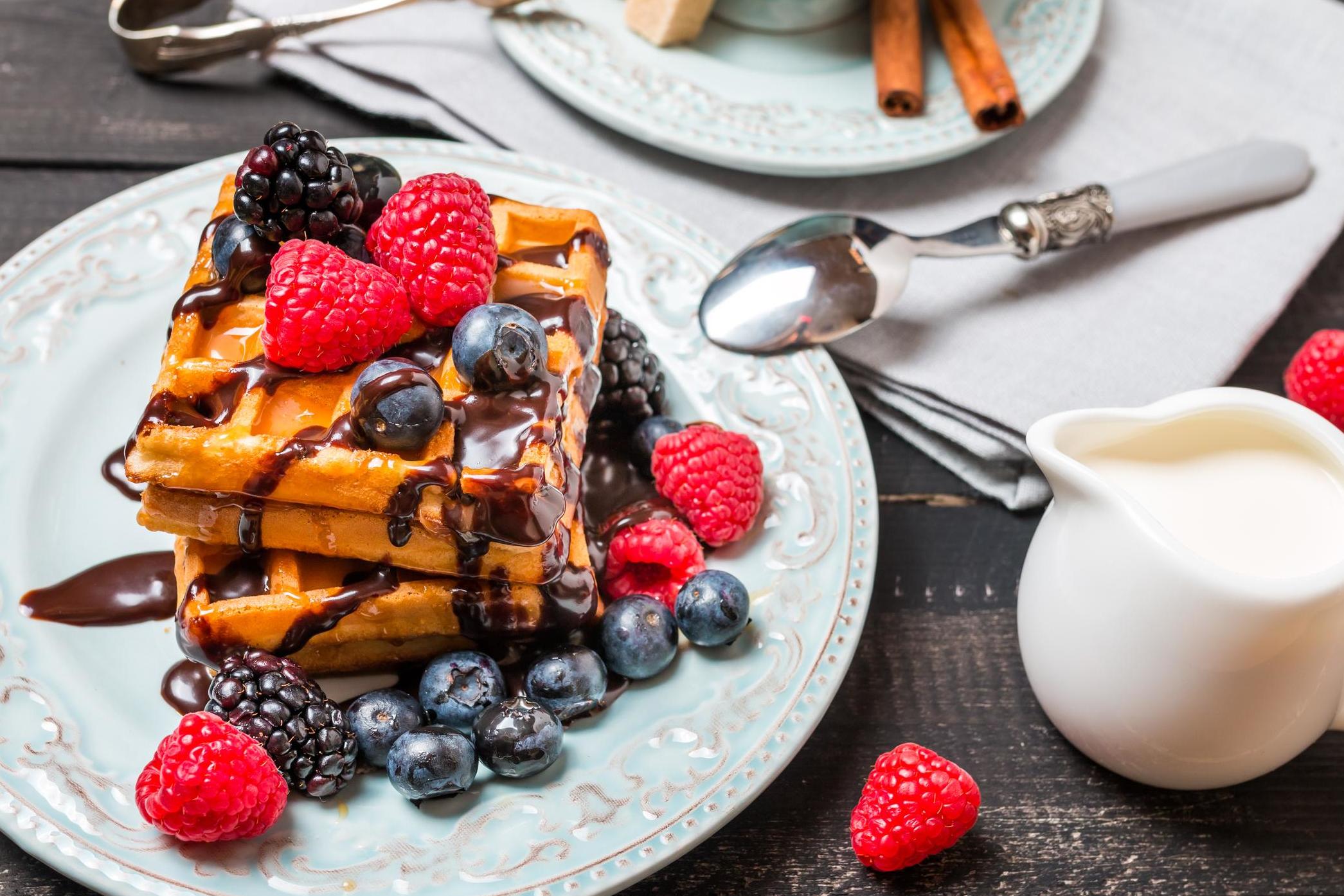Feeling full actually makes us want to eat more, claims study
An excuse to reach for seconds?

Your support helps us to tell the story
From reproductive rights to climate change to Big Tech, The Independent is on the ground when the story is developing. Whether it's investigating the financials of Elon Musk's pro-Trump PAC or producing our latest documentary, 'The A Word', which shines a light on the American women fighting for reproductive rights, we know how important it is to parse out the facts from the messaging.
At such a critical moment in US history, we need reporters on the ground. Your donation allows us to keep sending journalists to speak to both sides of the story.
The Independent is trusted by Americans across the entire political spectrum. And unlike many other quality news outlets, we choose not to lock Americans out of our reporting and analysis with paywalls. We believe quality journalism should be available to everyone, paid for by those who can afford it.
Your support makes all the difference.Ever wondered why you still feel peckish after a late night ice cream binge or a gluttonous roast dinner?
You’re not just greedy, at least according to a new study which has revealed why we might be psychologically conditioned to reach for second servings, even when we feel physically full.
It turns out that when we associate fullness with having more food, it can make us feel even more hungry, researchers at the University of Vermont found.
Psychological scientists Dr Mark Bouton and Dr Scott Schepers carried out their 12-day-long study on 32 rats.
In the first test, the rats were placed in a box in a satiated state and learned that they would be fed treats if they pressed a lever inside the box.
Eventually the lever stopped producing treats.
Thus, the rats began to associate fullness with receiving treats and hunger with an absence of food.
When the experiment was repeated, the researchers found that the rats pressed the lever more frequently when they were full than when they were hungry.
"Rats that learned to respond for highly palatable foods while they were full and then inhibited their behaviour while hungry, tended to relapse when they were full again," Bouton explained.
If applied to humans, the results demonstrate that the idea of getting food when we’re full could be a more powerful impulse than physical feelings of hunger.
Previous research has proven the psychological satisfaction that some people feel when they’re full, with a 2010 study (also conducted on rats) claiming that fatty foods might cause “cocaine-like addictions,” leading to overeating habits that rival a drug addiction.
We knew there had to be a scientific explanation for our Dairy Milk habit.
Join our commenting forum
Join thought-provoking conversations, follow other Independent readers and see their replies
Comments